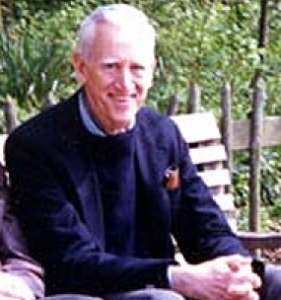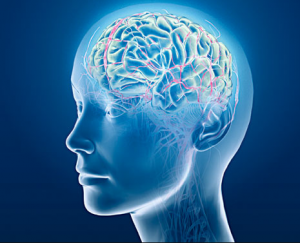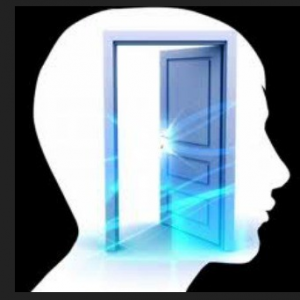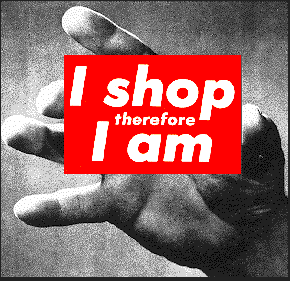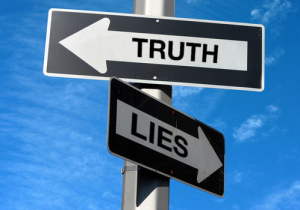 Evidence continues to mount that how one’s genetic tendencies or vulnerabilities, are actually expressed — or not — is highly shaped by our life experiences, both those that we choose and those that are handed to us. A new study demonstrates how the practice of meditation affects the expression of genes that are involved in one’s stress response and inflammation, which underlie a wide range of health conditions, physically and mentally. It found evidence that meditation results in beneficial changes at the molecular level.
Evidence continues to mount that how one’s genetic tendencies or vulnerabilities, are actually expressed — or not — is highly shaped by our life experiences, both those that we choose and those that are handed to us. A new study demonstrates how the practice of meditation affects the expression of genes that are involved in one’s stress response and inflammation, which underlie a wide range of health conditions, physically and mentally. It found evidence that meditation results in beneficial changes at the molecular level.
The research was reported in the journal Psychoneuroendocrinology and conducted with meditators who engaged in an intensive 8-hour session of mindfulness meditation. They were compared with a group of 21 others who engaged in quiet non-meditative activities for the same period of time. Both groups gave blood samples before and after their activities. When researchers analyzed the samples at the molecular level, they found that the expression of genes which are involved in inflammation, and generally in the body’s stress-response, were down-regulated.
Moreover, tests of cortisol levels in participants’ saliva revealed that the expert meditators were able to recover quicker after an induced stressful event than the control group. In a summary of the research Richard Davidson, one of the authors of the study, said, “To the best of our knowledge, this is the first paper that shows rapid alterations in gene expression within subjects associated with mindfulness meditation practice. Our genes are quite dynamic in their expression and these results suggest that the calmness of our mind can actually have a potential influence on their expression.”






